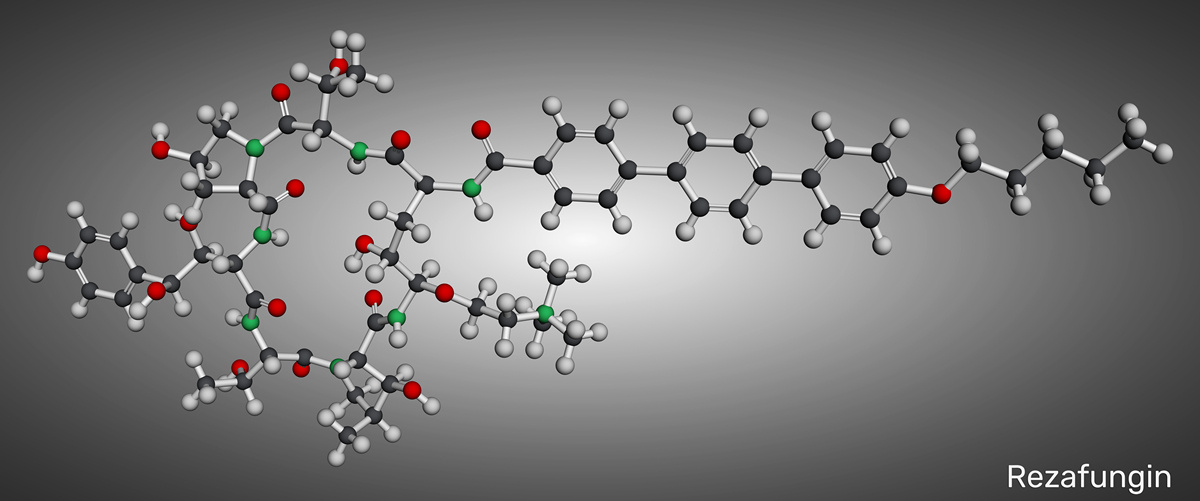What is the meaning of increasement of 1-3-beta-D glucan
The increase in 1-3-beta-D glucan typically refers to an elevation in the levels of this particular type of glucan in a biological system. Glucans are a type of polysaccharide, a complex carbohydrate, and 1-3-beta-D glucan is a specific form of glucan found in various organisms like fungi, bacteria, and plants.
An increase in 1-3-beta-D glucan can indicate various things depending on the context. In medical and clinical settings, it is often associated with fungal infections. Fungal cell walls contain this glucan, and when the immune system detects the presence of fungal pathogens, it may release certain molecules that trigger an increase in 1-3-beta-D glucan levels in the blood or other body fluids. Therefore, measuring the levels of this glucan can be used as a diagnostic marker for fungal infections, particularly invasive fungal diseases.
Outside of medical contexts, an increase in 1-3-beta-D glucan can also occur naturally during the growth and development of certain organisms, such as plants and fungi. It may play a role in cell wall formation, structural support, and defense mechanisms against pathogens.
In summary, an increasement in 1-3-beta-D glucan levels can indicate a fungal infection in a medical context or may be a natural occurrence during the growth and development of certain organisms

原文地址: https://www.cveoy.top/t/topic/iQDQ 著作权归作者所有。请勿转载和采集!